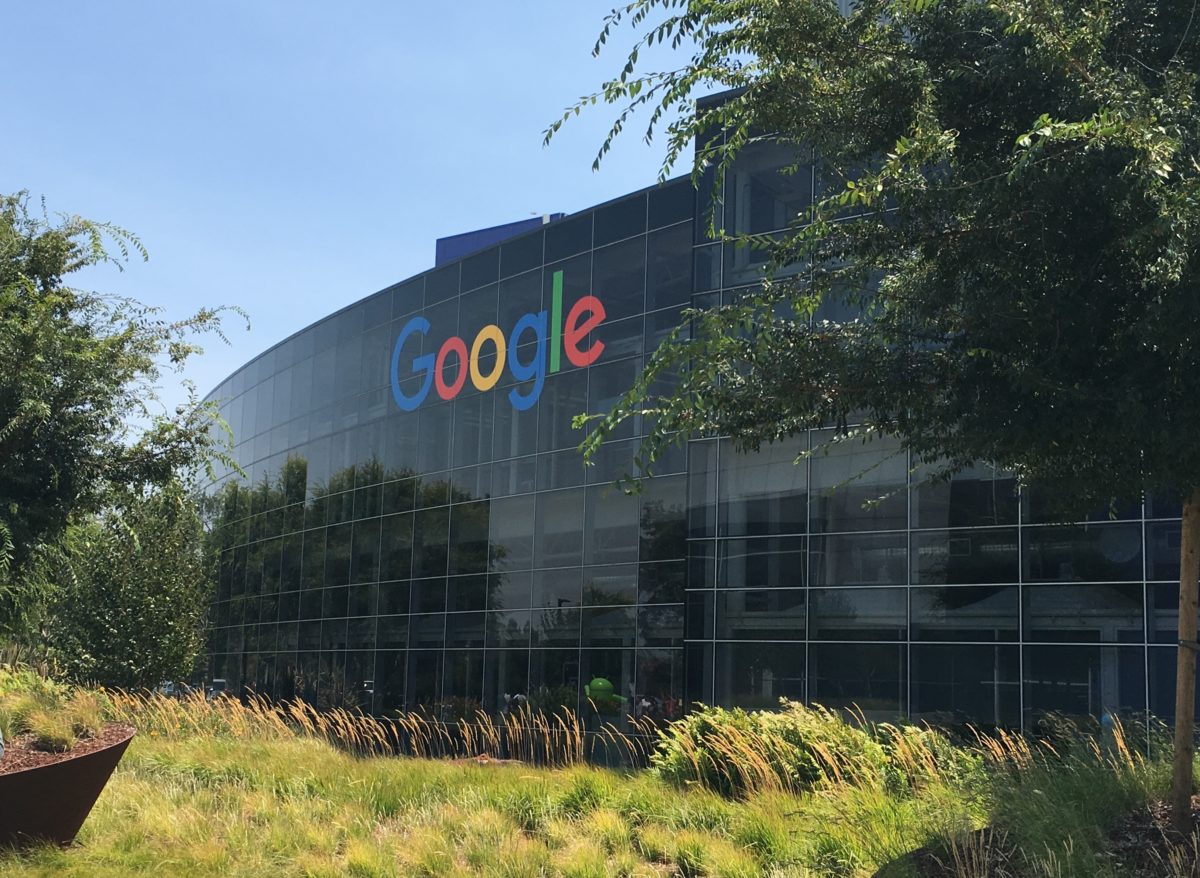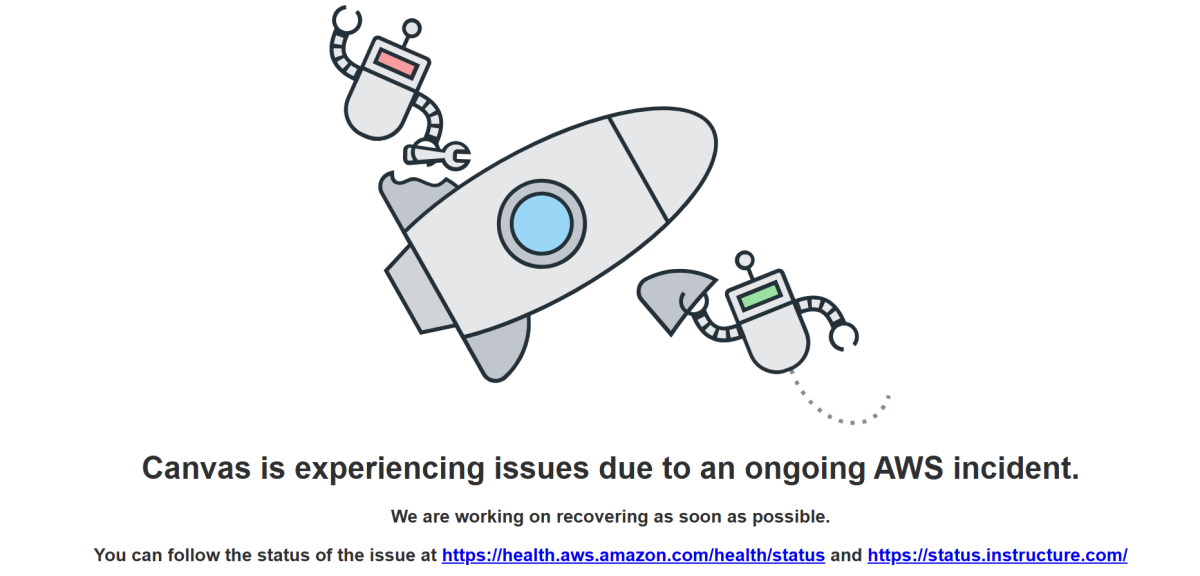Everyone knows Google, but most people don’t know that it is currently at the center of an unfolding antitrust lawsuit. The U.S. Justice Department posits that Google might be leveraging its significant market presence to overshadow other competitors, especially in the sphere of online search. So, what implications does this trial hold for the tech sector and everyday users? As the proceedings continue, the outcomes of this lawsuit could redefine the way the tech industry operates, possibly even setting precedents for future antitrust cases. Both immediate and long-term effects of this case remain uncertain at this moment.
Central to the lawsuit is the claim that Google is using its vast resources to ensure continued market supremacy. There are accusations of the tech leader giving substantial sums to companies like Apple to secure its position as the primary search engine on numerous devices. These transactions are taking center stage in the courtroom, with officials suggesting that these agreements put other players at a disadvantage. Beyond financial considerations, the essence of these agreements is being dissected. Astonishingly, 80% to 90% of U.S. devices have Google set as their primary search engine. Critics believe this curbs technological advancement and limits alternatives by blocking potential newcomers from showcasing their offerings.
Ex-Google executive Chris Barton released a statement where he shared insights from his time at Google. He hinted at the company’s intense drive to secure exclusivity with mobile network providers and emphasized the significance of mobile users’ reliance on Google’s search tools. This sheds light on the extent to which Google might have ventured to solidify its market standing. Google counters these assertions by stating that their motives align with enhancing user satisfaction. Their stance is that Google’s widespread usage stems from its unmatched efficiency rather than exclusive partnerships.
With the spotlight of this lawsuit on Google, it is becoming clearer just how pervasive and influential Google has been in the search engine sphere. Gabriel Weinberg, the CEO of DuckDuckGo, a privacy-focused search engine, has voiced concerns about growing his platform due to Google’s dominance. It has found itself overshadowed by Google’s dominance as a default search engine.
Historical antitrust cases offer a lens to understand the potential implications of this case. The breakup of AT&T in 1984, while aimed at reducing call prices, inadvertently catalyzed the internet revolution of the 1990s. Another case aimed at breaking up IBM’s mainframe monopoly in the 1960s and ’70s led to the unbundling of software from hardware, laying the groundwork for today’s software industry and benefiting then-upstarts like Apple and Microsoft.
The verdict of this lawsuit has the potential to reset how the industry operates entirely. Should the allegations against Google be substantiated, their contractual agreements and business conduct could be reevaluated. Furthermore, the resolution might inform the regulatory framework for other dominant tech entities. While the final decision remains in the balance, it’s evident that the global tech community, market enthusiasts, and general users are eagerly awaiting the aftermath. The conclusion could be pivotal, delineating the boundaries of ingenuity, competitive spirit, and market control in our increasingly digital era.














